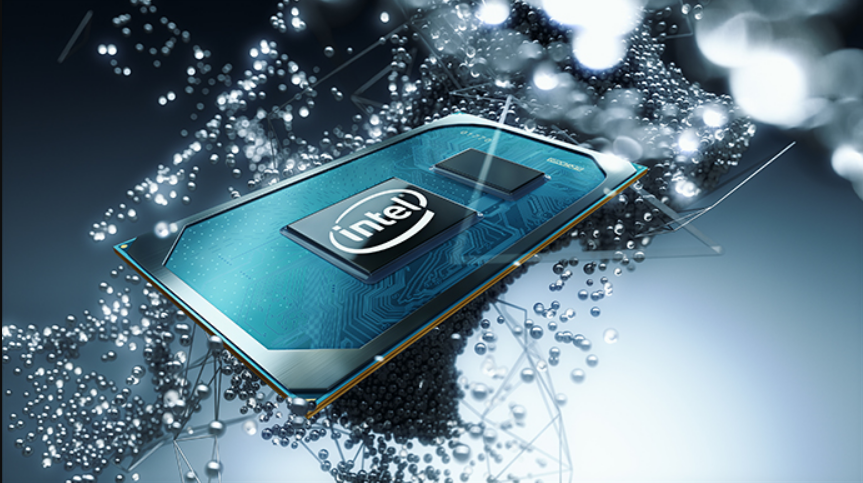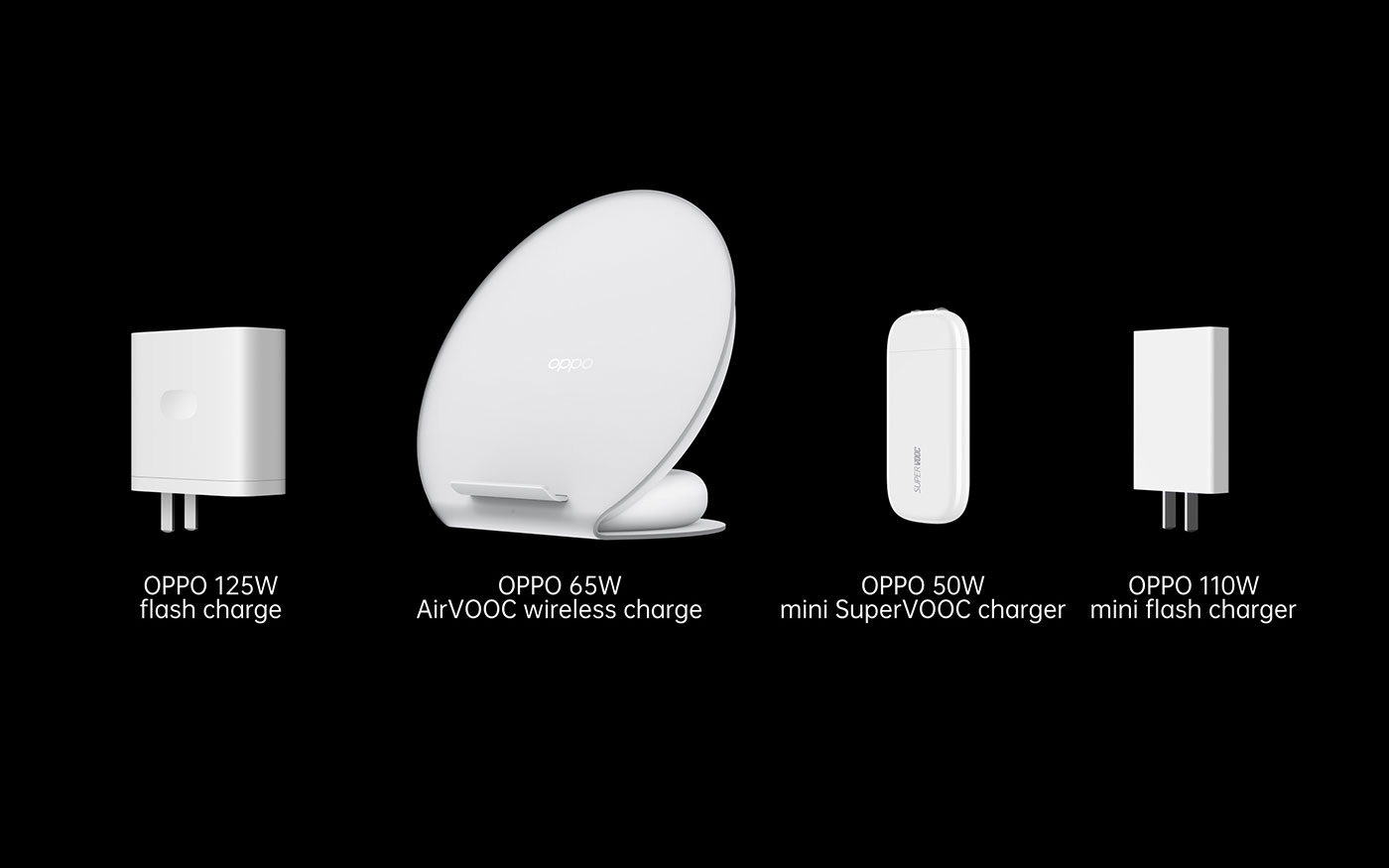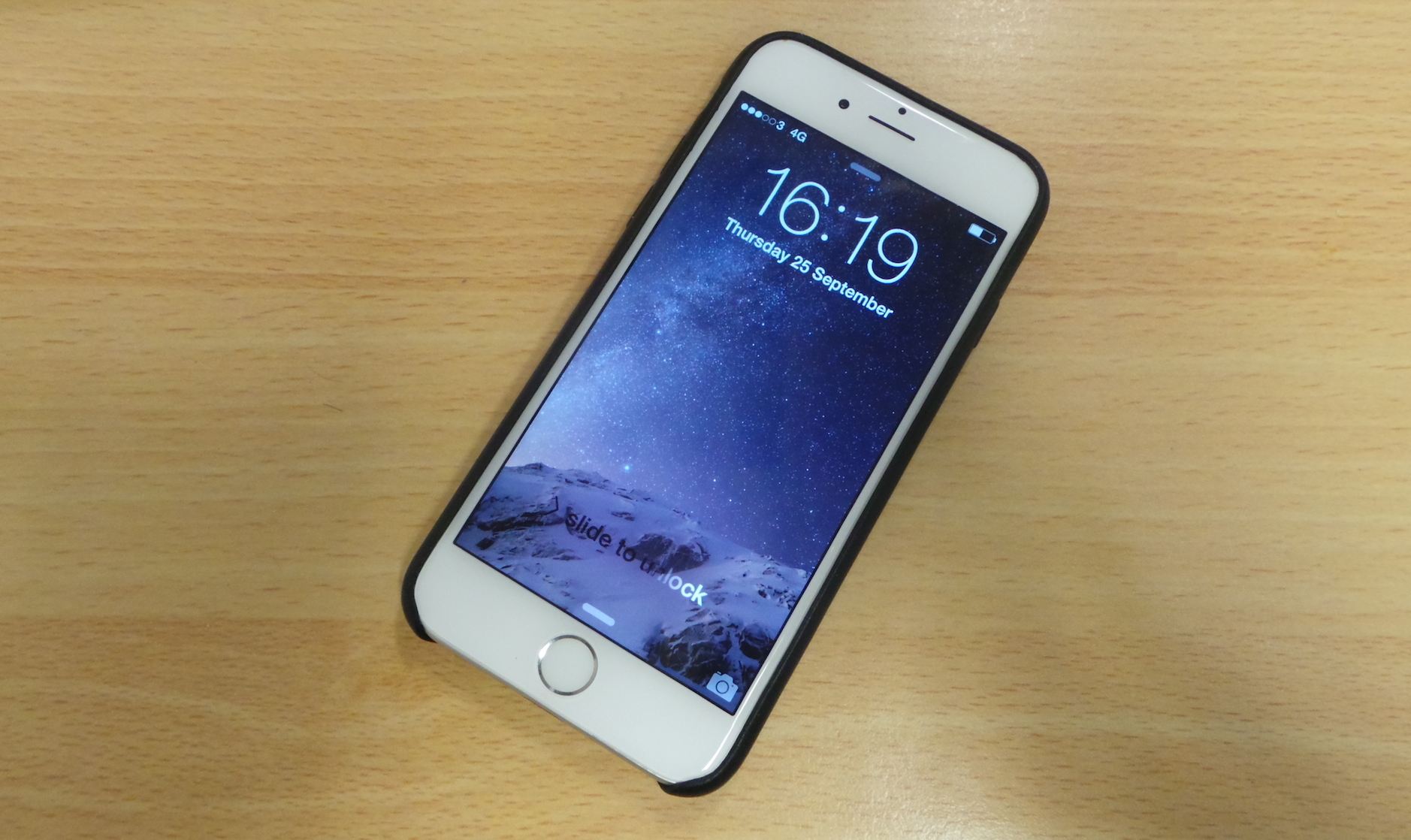Intel pledges more power and battery life with Tiger Lake CPUs
The embattled firm hopes to turn over a new leaf with a branding refresh and launch of the ‘EVO’ standard


Intel has launched its 11th-gen Tiger Lake CPUs built on the 10nm process, promising greater power and efficiency in approximately 150 ‘thin and light’ devices expected to launch by the end of the year.
Nine new CPUs across Core i3, i5 and i7 variants will feature in devices with Thunderbolt 4 and Wi-Fi 6 support, offering a 20% performance boost on day-to-day office tasks, as well as a roughly 20% improvement to system-level power. These improvements will translate roughly to an additional hour of video streaming on battery.
These new systems are also being launched alongside the company’s Intel Iris Xe integrated graphics, which the firm claims performs much better in conjunction with 11th-gen chips compared to the current output you get when you have a 10th-gen chip working alongside Nvidia’s GeForce MX350.
The graphics chip allows for support for 8K HDR displays, as well as four 4K HDR displays simultaneously. This is in addition to the GPU’s AI engine, which Intel claims offers performance improvements to features, such as background blurring on video calls.
“11th Gen Intel Core processors with Intel Iris Xe graphics are a major leap forward in real-world processor performance and are the best laptop processors we have built,” said Gregory Bryant, Intel’s executive vice president and general manager of the Client Computing Group.
“From productivity and content creation to entertainment and gaming, when you pick a system powered by 11th Gen Intel Core – especially one of our new Intel Evo co-engineered and verified designs – you know you are getting the best laptop experience possible.”
The Evo certification will also be attached to new devices that meet a certain threshold. This bar comprises support for Thunderbolt 4 and Wi-Fi 6, as well as up to nine hours of battery life, fast-charging with up to four hours in under 30 minutes, as well as system wake-up from sleep in less than a second.
Get the ITPro daily newsletter
Sign up today and you will receive a free copy of our Future Focus 2025 report - the leading guidance on AI, cybersecurity and other IT challenges as per 700+ senior executives
The next generation of Dell XPS 13 and XPS 13 2-in-1 laptops, which will launch during the Autumn, and Acer's upcoming Swift 3 14in, Swift 5 14in and Swift 3 13.5in models, will all be running 11th-gen chips at launch.
The announcement has also been made alongside a logo refresh and new jingle for the company, as it hopes to turn over a new leaf following a rocky few months.
The firm was recently forced to delay its 7nm CPUs for at least six months, with customers and investors warned not to expect products fitted with these chips until 2022 or 2023. This was due to a “defect mode” in the 7nm process that caused degradation in yield. As a result, the company ousted its chief engineering officer Dr Venkata “Murthy” Renduchintala.
This all happened alongside news that Nvidia finally overtook the company as the most valuable US chipmaker.
Intel's new 11th-gen chips are still built on the 10nm architecture, although they are based on the company’s ‘SuperFin’ process technology, meaning they offer better performance at lower power consumption levels.

Keumars Afifi-Sabet is a writer and editor that specialises in public sector, cyber security, and cloud computing. He first joined ITPro as a staff writer in April 2018 and eventually became its Features Editor. Although a regular contributor to other tech sites in the past, these days you will find Keumars on LiveScience, where he runs its Technology section.
-
 MacBook Pro owners report MagSafe charging issues
MacBook Pro owners report MagSafe charging issuesNews The return of MagSafe charger on the new 16in MacBook is creating problems for users
By Danny Bradbury
-
 Apple is experimenting with attention sensors to save battery life
Apple is experimenting with attention sensors to save battery lifeNews Your next Apple device may shut down if you are not paying attention to it
By Justin Cupler
-
 Omarco introduces the world’s smallest 5,500mAh wireless phone charger
Omarco introduces the world’s smallest 5,500mAh wireless phone chargerNews This tiny wireless charger will zap your phone back to 100% in just 1.5 hours
By Tyler Omoth
-
 OPPO’s 125-watt charger tops up smartphones in just 20 minutes
OPPO’s 125-watt charger tops up smartphones in just 20 minutesNews OPPO’s all-new lineup of flash chargers likely won't make it to the U.S.
By Sarah Brennan
-
 Sign up now for the $25 iPhone “batterygate” payout
Sign up now for the $25 iPhone “batterygate” payoutNews Don’t expect to get the full $25 payout, though
By Justin Cupler
-
 Apple is facing a battery of problems
Apple is facing a battery of problemsOpinion Apple is paying the price for forcing people into unnecessary upgrades
By Barry Collins
-
 Apple battery slowdown lawsuits to be heard in one court case
Apple battery slowdown lawsuits to be heard in one court caseNews Dozens of cases to be heard at once during a hearing scheduled for next month
By Lee Bell
-
 Apple's battery of excuses for poor performance
Apple's battery of excuses for poor performanceOpinion Apple slows its own devices as much as the dwindling battery does, says Barry Collins
By Barry Collins

